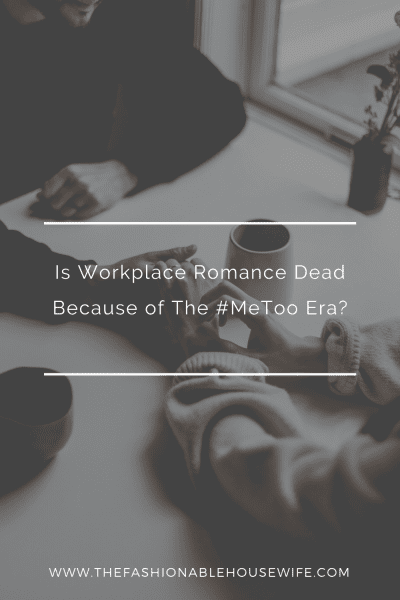
Just a few years ago, a spate of high-profile Hollywood sexual allegations triggered a widespread backlash against perceived sexual aggression in the workplace. It’s a movement that’s consequences may be lasting and complex. After all, human relationships are often complex, and when you throw workplace power imbalances and sex into the mix, the result can often be a complete mess.
What is the #MeToo movement?
While the term’s precise origins go back a great deal further, it was the American actress Alyssa Milano who kicked off the current awareness-raising conversation. In the wake of the revelations about Harvey Weinstein’s monstrous activities, she recommended that other women who’d had a similar experience join in with a #MeToo. That way, the scale of the problem might be illustrated.
The movement has sparked considerable debate, and, given the subject matter and the fact that we live in an age of social media, not all of it has been pretty. Hashtags like #believewomen, and #himtoo have given workers, and in particular men, reason to be cautious. After all, it’s more difficult to entertain the prospect of a relationship with a colleague if it’s possible they might one day turn around and accuse you of sexual misconduct. If you want an indication of the shift in attitudes, then you might take a look at Keanu Reeve’s approach to physical contact while posing for photos.
A study in 2019 revealed that 27% of men in the US avoid one-on-one meetings with female colleagues, while 19% of men would be reluctant to hire an attractive woman. Even women are more reluctant to hire women!
People are shying away from office romances
This wariness is borne out by a study from Rotherham-based poster printing company, instantprint. The researchers found that more than half of Brits cited #MeToo as influencing their view of office romances, and making them more wary about pursuing them. Unsurprisingly, it was men who felt they had to tread carefully, (60% to women’s 47%). The lockdown has not made men any less confident about initiating the first move, with 57% shying away, both then and now.
Businesses now have policies on relationships between colleagues
One high-profile incident of a company policy spelling the end for an office romance is the firing of McDonalds CEO, Steve Easterbrook. His consensual relationship with an employee was deemed to have violated company policy, and in the age of #MeToo, this was something that the McDonalds brand could not tolerate. Countless smaller businesses have followed their example by auditing and tightening their rules on workplace romance. And, according to the polling by instantprint, more than half of workers in 2020 thought that office romances should be completely banned (though this has since slumped to 16% in the wake of lockdown).



